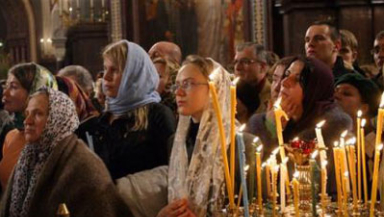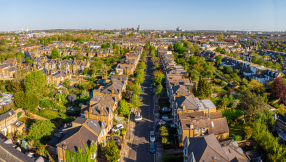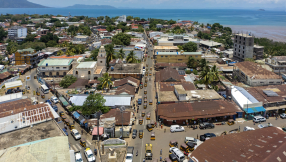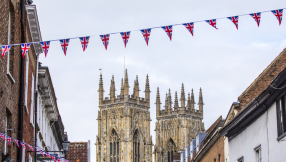
Religion might be on the rise in Russia, but church attendance is still lagging behind, according to new research.
After the horrors of enforced atheism seen during the Soviet years, more and more people are describing themselves as belonging to a religious community, according to Pew Research's Religion and Public Life project.
In 1991, 31% of the population was listed as Orthodox Christian. That number jumped to 53% in 1998, and had reached 72% by 2008.
Christianity is not the only religion experiencing this kind of rise. Islam was the faith of less than 1% of the Russian population in 1991, then it jumped to 2% in 1998, before reaching 5% in 2008.
Conversely, the number of people who described themselves as having no religion has fallen steadily from 61% in 1991, to 33% in 1998, and 18% in 2008.
However, this rise in religious identification and eschewing of atheism has not resulted in more people visiting church. Only a tiny fraction of those who identify are actually turning up for a regular religious service.
In 1991 only 2% of those asked said they went to church, or other religious services at least once a month. That number increased to 9% in 1998, but dropped to 7% in 2008.
The study suggests a steady growth in interest in church across Russia, and a wider acceptance of religion more broadly since the end of communism.
The number of people who have never attended church dropped from 83% in 1991 to 39% in 2008.
In 1991 only 5% of people reported going to church 'several times a year'. In 2008 that number had nearly trebled, reaching 14%.
Belief in God has also increased from 38% in 1991 to 56% in 2008, while there was a drop in the number of people who said "I don't believe in God and I never have", from 36% in 1991, to 11% in 2008.
Those who definitely do not believe in life after death have similarly fallen in number from 30% in 1991 to 21% in 2008, although the number who say they definitely do believe in life after death has remained fairly constant at between 12 to 15% over the period 1991 to 2008.
Overall, those who describe themselves as 'at least somewhat religious' has increased from 11% in 1991 to 54% in 2008.













